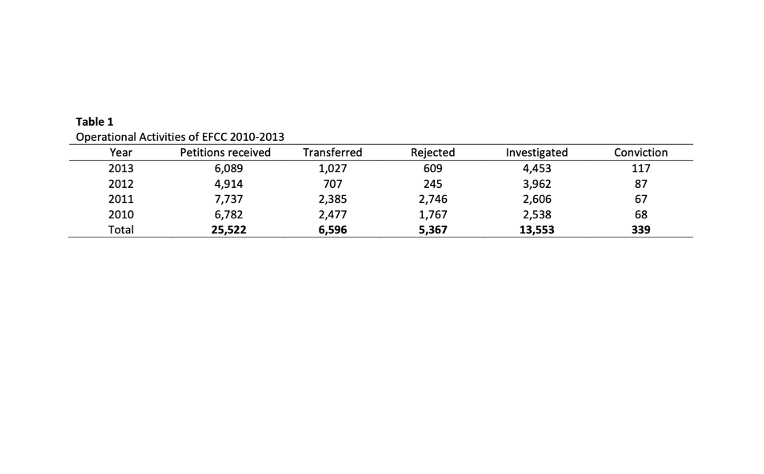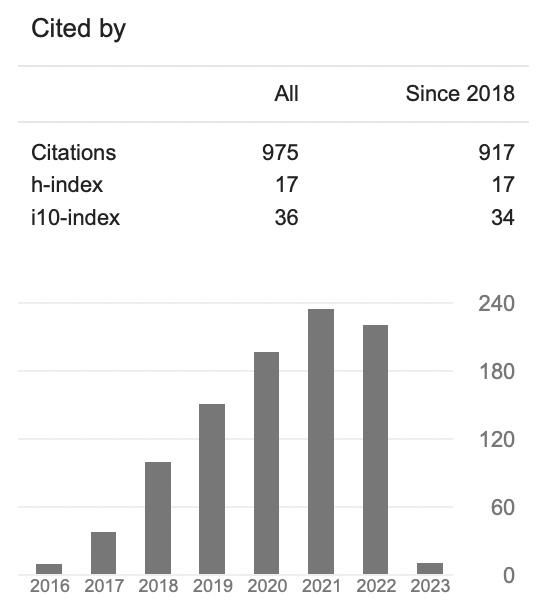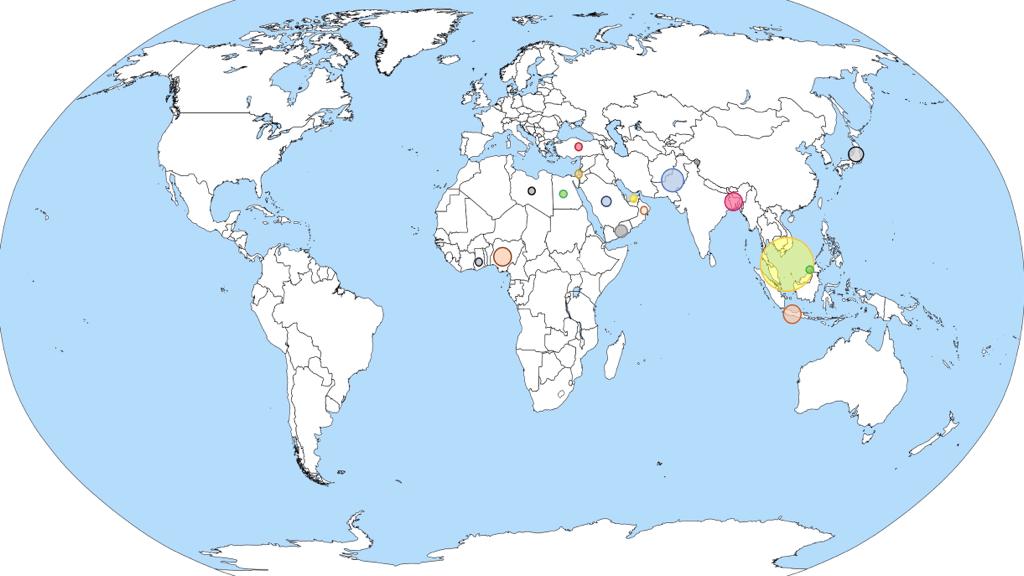Appraising the Effectiveness of Economic and Financial Crimes Commission (EFCC) in Tackling Public Sector Corruption in Nigeria
Keywords:
ACAs, corruptions, EFCC, political will, NigeriaAbstract
The purpose of this paper is to appraise the effectiveness of Nigerian’s Economic and Financial Crimes Commission (EFCC) of their role in tackling public sector corruptions and to associate how institutional as well as organizational factors influence the effectiveness of the EFCC. Data were obtained using semi-structured interviews, documentary analysis and non-participatory observations. The result of the thematic analysis shows the ineffectiveness of EFCC in tackling public sector corruption, and hence the need for further improvisation of the organization. The ineffectiveness of the EFCC is associated with perceived lack of political commitment; inefficient judicial process; insufficient budgetary allocations; and insufficient professionally qualified personnel. This study thus recommends further improvements in the form of greater political will, improved legal process and elevated budgetary funds and recruitment of personnel to the EFCC in order for the organization to successfully execute its role and functions.













